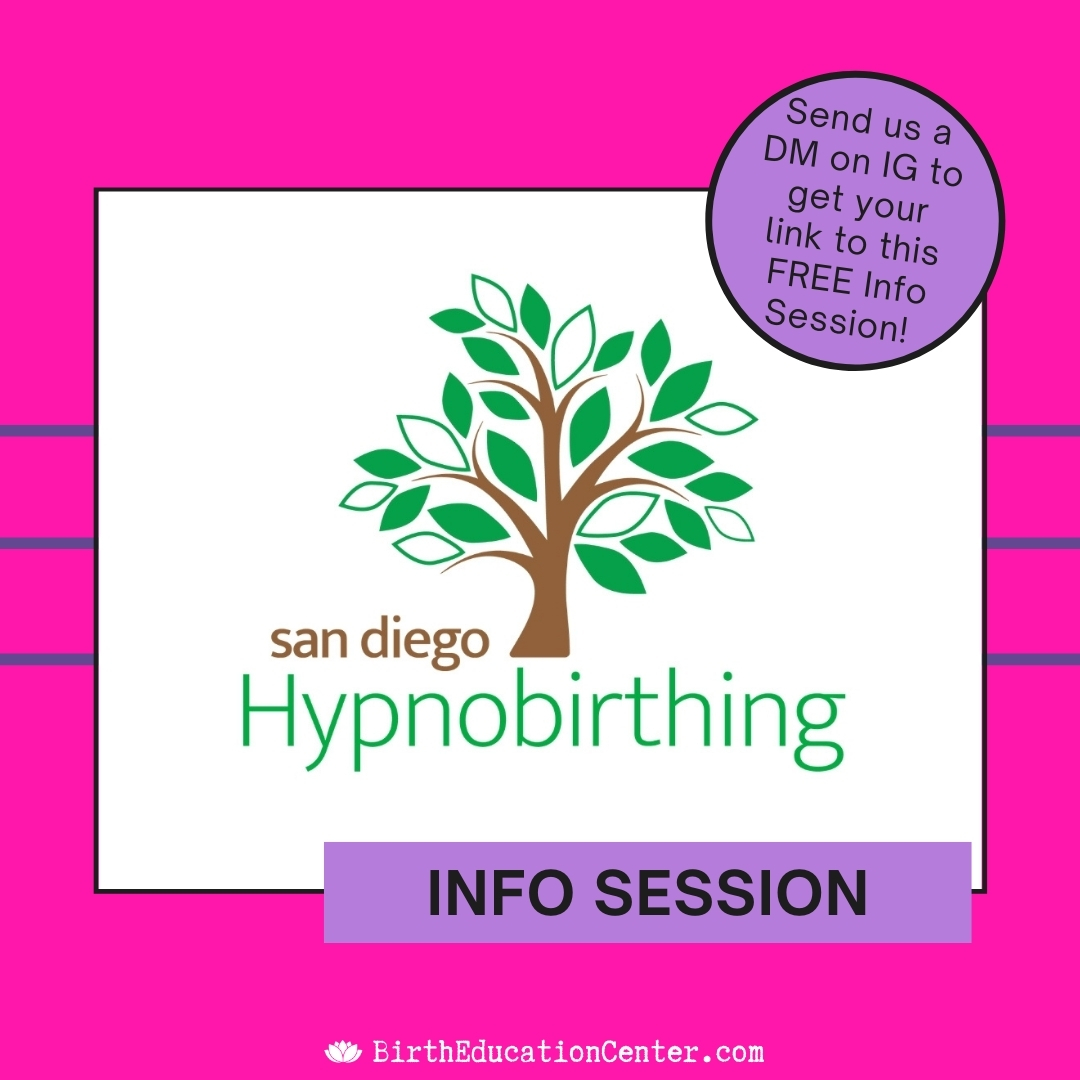I’m Pregnant: Can I Drink Coffee?
If you’re anything like me, I live for my morning coffee. It has transcended into ritual and become the focal point of my morning routine, as vital as the air I breathe. OK, that might be a wee bit over dramatic, but if you’re reading this you might feel the same way about your French Roast indulgence each day as I do. So what is the deal when it comes to drinking coffee or other caffeinated beverages when you’re pregnant? Is it safe for your baby, or best to avoid?
I had heard conflicting things on the subject so to answer this question I searched the web for evidence-based research that studied caffeine consumption in pregnancy (sidenote: whenever you’re researching a pregnancy or childbirth-related topic, I recommend doing the same, i.e., add “evidence-based” to your search words so you can identify current, factual research, vs. opinion or speculation).
The Studies
According to ACOG (the American College of Obstetrics & Gynecology), “Moderate caffeine consumption (less than 200 mg per day) does not appear to be a major contributing factor in miscarriage or preterm birth. The relationship of caffeine to growth restriction remains undetermined. A final conclusion cannot be made at this time as to whether there is a correlation between high caffeine intake and miscarriage.” This conclusion was reaffirmed in 2020.*
OK, so what does that mean, exactly? It’s pretty inconclusive overall, although the first sentence sounds cautiously optimistic that moderate consumption doesn’t pose a risk. “Moderate caffeine consumption” in this case is defined as 200 mg, i.e., the amount of caffeine contained in 10 oz. of brewed coffee. This left me feeling less than clear on the answer so I kept on looking.
Unfortunately, a study that was published in August 2020 was less vague in its conclusion. According to an article published on the BMJ Evidence-Based Medicine website, “The substantial majority finding from observational studies and meta-analyses is that maternal caffeine consumption is reliably associated with major negative pregnancy outcomes…Consequently, current evidence does not support health advice that assumes ‘moderate’ caffeine consumption during pregnancy is safe. On the contrary, the cumulative scientific evidence supports pregnant women and women contemplating pregnancy being advised to avoid caffeine.”
This study went on to say that no threshold of consumption could be established where associations with negative outcomes were absent, which is just a scientific way to say that there’s no reduced amount of caffeine that could be established as “safe” to consume. The studies compiled for this article reported results for one or more of six major categories of negative pregnancy outcomes: miscarriage, stillbirth, low birth weight and/or small for gestational age, preterm birth, childhood acute leukemia, and childhood overweight and obesity.
The Answer?
So there you have it: based on the most recent evidence-based research, caffeine should be avoided during pregnancy. I know that might come as a blow to those of you who love your lattes and look forward to your morning cup of joe, but it’s only a temporary sacrifice to make; in the long-term it’s worth it for the peace of mind to not take the risk, right? And the good news is that there are some great caffeine-free alternatives to coffee you can try if you’re looking for a substitute for that steaming cup of bold flavor. While there’s always an abundance of herbal teas available, you may want to also try chicory coffee, matcha tea, or golden milk, a healthy homemade concoction of your favorite milk product combined 1/2 teaspoon of ground turmeric, 1/4 teaspoon of cinnamon, 1/8 teaspoon of ground ginger and a pinch of black pepper (and honey to taste).
To Join Our Mini Workshop OMG!! I’m Pregnant, Click Here
https://ebm.bmj.com/content/early/2020/09/01/bmjebm-2020-111432
https://www.healthline.com/nutrition/coffee-alternatives#TOC_TITLE_HDR_4




